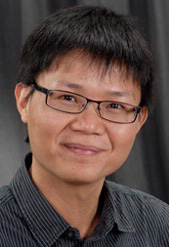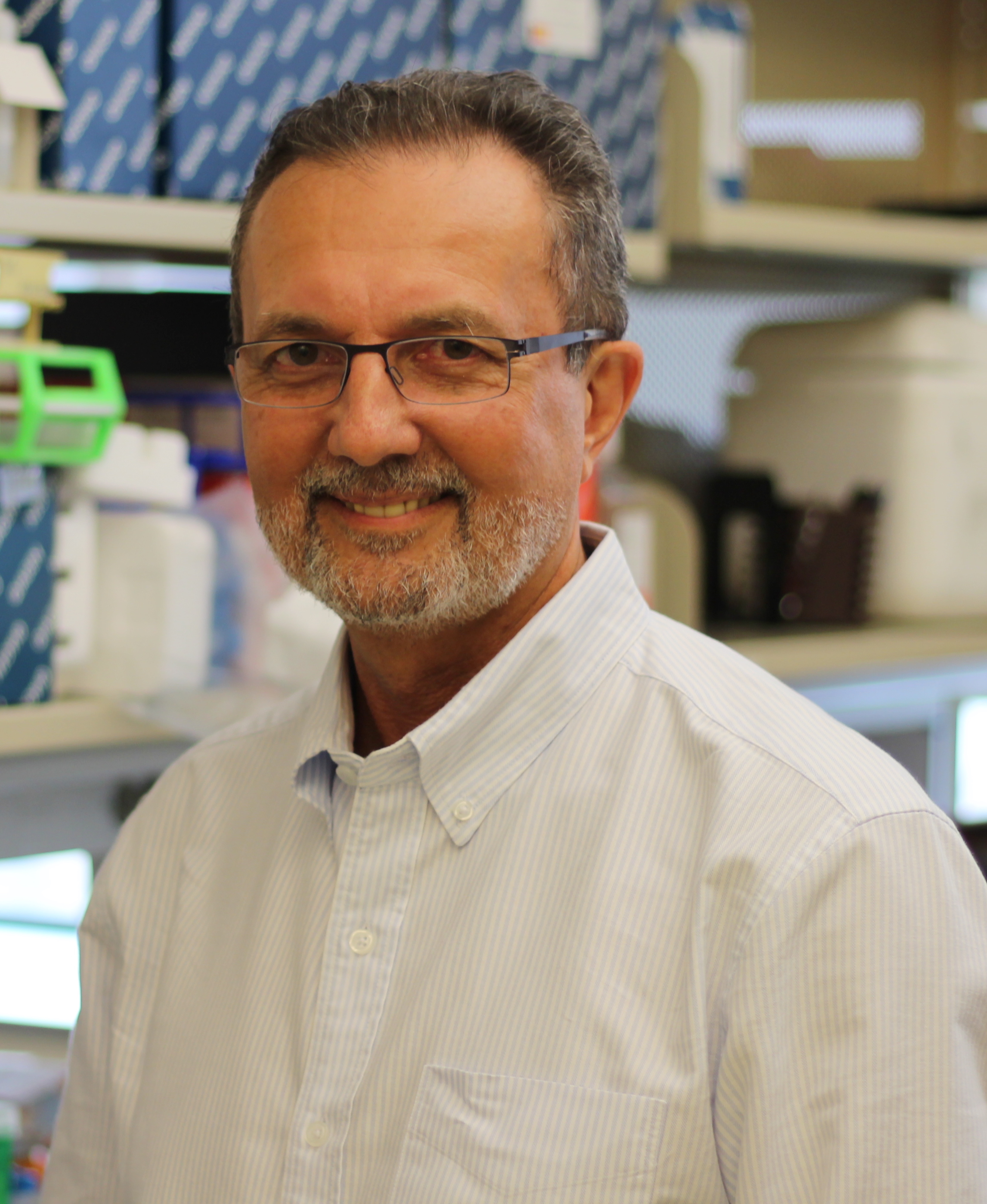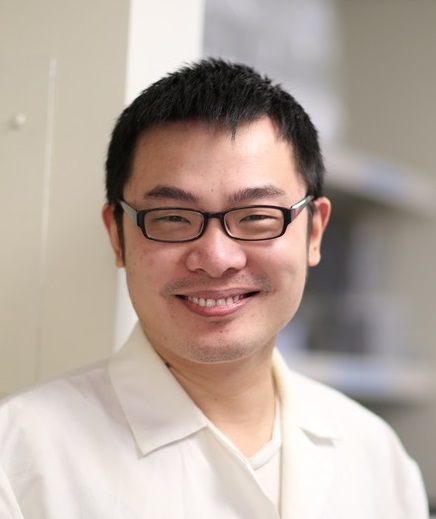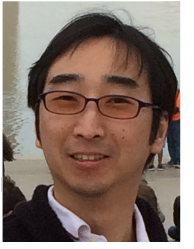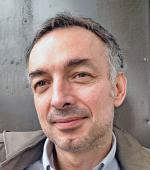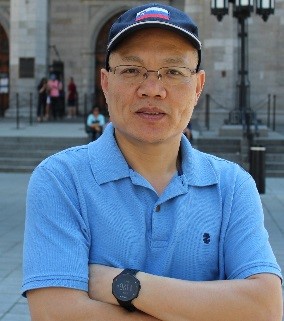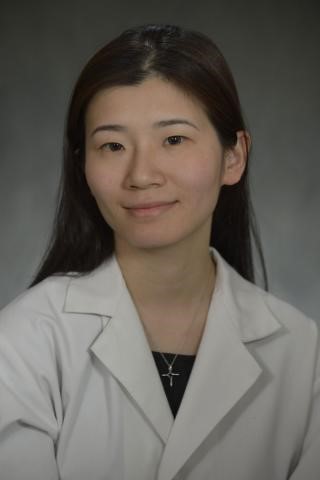CCHD investigators range from MD, PhD tenured Professors to Assistant Professors (tenure track). Most of the faculty hold secondary (interdisciplinary) appointments in the Departments of Genetics & Development, Microbiology or Nutrition. These appointments link the Department of Medicine with Columbia University graduate programs, thus providing a rich training environment for PhD students. In addition, the CCHD faculty members are principal investigators of NIH-funded T32 training grants in post-graduate Fellowship Programs from various divisions (Pulmonary, Digestive and Liver Disease) or other Departments.
Jianwen Que, MD, PhD
Director, Columbia Center for Human Development
Professor of Medicine, Division of Digestive and Liver Diseases
Department of Medicine
Research Interests:
Molecular and cellular mechanisms controlling proliferation and differentiation of stem/progenitor cells of the foregut. Role of stem/progenitor cells in eosinophilic esophagitis, Barrett's esophagus and esophageal cancers. Mechanisms of tracheal-esophageal separation and pathogenesis of tracheal esophageal fistula and atresia. Signaling pathways and transcription factors regulating pulmonary vasculature development.
PubMed
Que Research: Que Laboratory
Wellington V. Cardoso, MD, PhD
Associate Vice-Chair for Research and Director of Interdisciplinary Programs, Department of Medicine
Professor of Medicine and Genetics and Development
Division of Pulmonary, Allergy and Critical Care Medicine
Department of Genetics & Development
Research Interests:
Lung development and repair-regeneration, developmental signaling and programming, control of airway epithelial cell fate in stem/progenitor cells, and developmental pathways in postnatal lung disease.
PubMed
Cardoso Research: Department of Genetics & Development; Cardoso Lab
Xin Huang, Ph.D.
Assistant Professor of Medicine, Department of Medicine, Principal Investigator
Columbia Center for Human Development, Columbia University Irving Medical Center
Research Interests:
To better understand the internal modifications involving mRNA “epitransciptome” such as the embedded SINE elements-mediated mRNA m5C modification and functions of the m5C readers, effectors, and erasers for mRNA metabolism in pluripotency maintenance and differentiation. Successful completion of these studies will elucidate a novel mechanism in cell fate determination of ESCs and extend our knowledge on transposable elements and mRNA modifications in human development.
PubMed
Huang Research: Huang Laboratory
Munemasa Mori, M.D., Ph.D
Assistant Professor of Medicine, Principal Investigator, Department of Medicine, Division of Pulmonary, Allergy and Critical Care Medicine, Columbia University Irving Medical Center, Columbia Center for Human Development
Research Interests:
Pluripotent stem cells, lung development and lung regeneration following injury. Conditional blastocyst complementation in bioengineering of a functional lung in vivo.
PubMed
Mori Research: Mori Laboratory
John W. Murray, Ph.D.
Director, Microscopy Core Columbia Center for Human Development, Assistant Professor of Medical Sciences, Department of Medicine, Division of Pulmonary, Allergy and Critical Care Medicine
Research Interests:
Quantitative image analysis of tissues, cells, and organelles. High resolution multi-channel fluorescence imaging using confocal, wide field, light sheet, live cell, and tissue microscopy. In vitro organelle activity assays. Deconvolution, machine learning, script, and macro programming. We are establishing a state-of-the art microscopy facility to provide accessible, user-friendly yet highly advanced platforms for light microscopy-based image acquisition and analysis.
PubMed
Dr. Murray Research
Hans-Willem Snoeck, MD, PhD
Director, Center for Stem Cell Therapies
Professor of Medicine in Microbiology & Immunology
Division of Pulmonary, Allergy & Critical Care Medicine
Department of Microbiology & Immunology, Columbia Center for Translational Immunology
Research Interests:
Hematopoietic stem cell biology, mechanisms regulating stem cell renewal, directed differentiation, generation of lung tissue from human pluripotent stem cells, modeling of lung organoids.
PubMed
Snoeck Research: Microbiology & Immunology Faculty Profile
Snoeck Laboratory: http://www.snoecklabstemcells.org/
Kelley Yan, MD, PhD
Dorothy L. & Daniel H. Silberberg Assistant Professor, Columbia Center for Human Development and Genetics & Development, Division of Digestive & Liver Diseases
Research Interests:
Our lab investigates the normal physiology of the intestinal epithelium and how it is replenished by intestinal stem cells (ISCs). We have described distinct cell types that normally do not serve as ISCs but can be recruited to regenerate tissue in the setting of injury. We have also shown how extrinsic signals from the stem cell niche regulate the behavior of ISCs during young and health. As a physician-scientist, I aim to understand how these biological processes are perturbed during age and disease with the ultimate goal to develop therapies for treatment of human disease. We use a multi-disciplinary approach that combines single-cell genomics, mouse genetics and organoid platforms.
1. Signals that recruit the normally dormant cell populations within the intestinal epithelium to elicit injury-induced tissue repair. We aim to understand and enhance tissue repair, not only of the intestine but other tissues more broadly.
2. Effects of aging of the intestinal epithelium, specifically of ISCs and their niche. We are using an unbiased approach toward understanding how stem cell compartments age and lead to tissue dysfunction. Our goal is to identify the key drivers of aging in ISCs and to enable their therapeutic manipulation to slow, halt or reverse aging.
3. To understand and manipulate the development of intestinal enteroendocrine cells, which are poorly understood and understudied but nonetheless harbor vast therapeutic potential to treat human metabolic diseases like diabetes and obesity.
PubMed
Yan Research: Yan Laboratory
Jianlong Wang, PhD
Professor, Department of Medicine at Columbia University Irving Medical Center, Columbia Center for Human Development
Research Interests:
Molecular control of stem cell potency underlying embryonic stem cell (ESC) pluripotency, somatic cell reprogramming and totipotency-to-pluripotency transition during early development.
PubMed
Wang Research: Wang Laboratory
Xiao Zhao, MD
Assistant Professor of Medicine, Division of Digestive & Liver Diseases
Research Interests:
Cellular heterogeneity and the pathogenesis of human liver disease. Developmental pathways of cholangiocytes and associated disease phenotypes with a focus on elucidating the molecular mechanisms of biliary atresia (BA), a neonatal cholangiopathy.



